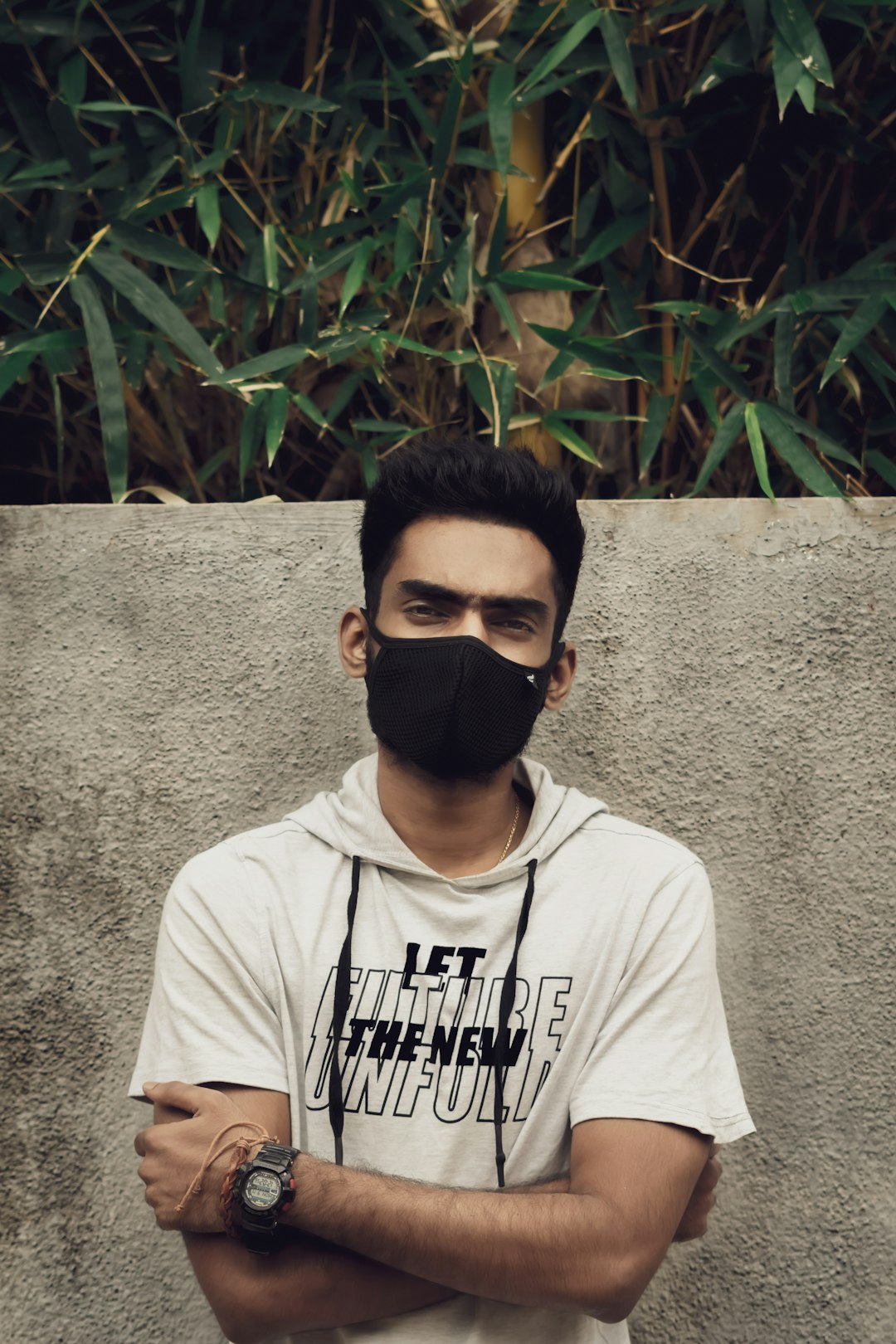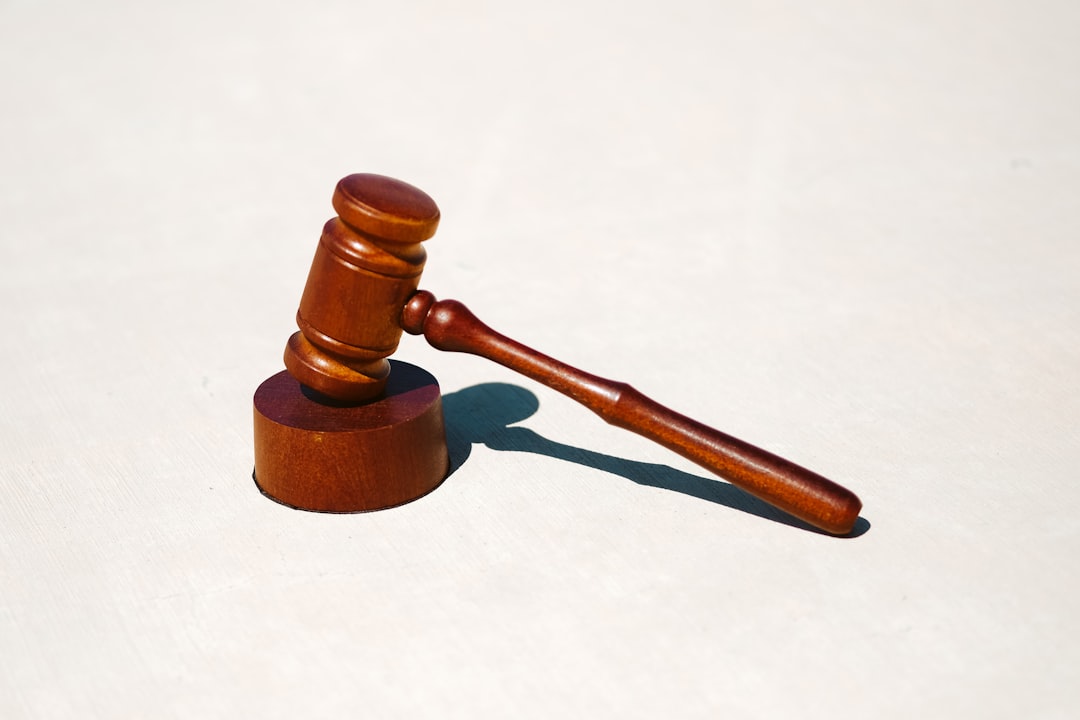In Georgia, including Atlanta, child abuse is strictly defined under state law as any harmful act by a parent or caretaker towards a minor under 18, encompassing physical, emotional, sexual, and neglectful abuse. Legal categories include battery, assault, emotional cruelty, sexual exploitation, and negligence. A trusted child abuse attorney Atlanta GA residents rely on is crucial for navigating complex legal definitions and securing justice to protect children's safety and well-being. These attorneys specialize in recognizing subtle forms of emotional trauma and neglect, collaborating with authorities and healthcare providers to build strong cases.
In Atlanta, Georgia, understanding child abuse is paramount for both legal protection and victim support. This comprehensive guide delves into the multifaceted aspects of child abuse as defined under local law. From recognizing various forms of abuse to outlining the critical elements needed to prove it, we explore the legal landscape. Key topics include the interpretation of child abuse, medical evidence’s role, and the subsequent legal consequences and resources available for victims and their families, emphasizing the importance of a child abuse attorney in Atlanta, GA.
Definition of Child Abuse in Georgia Law
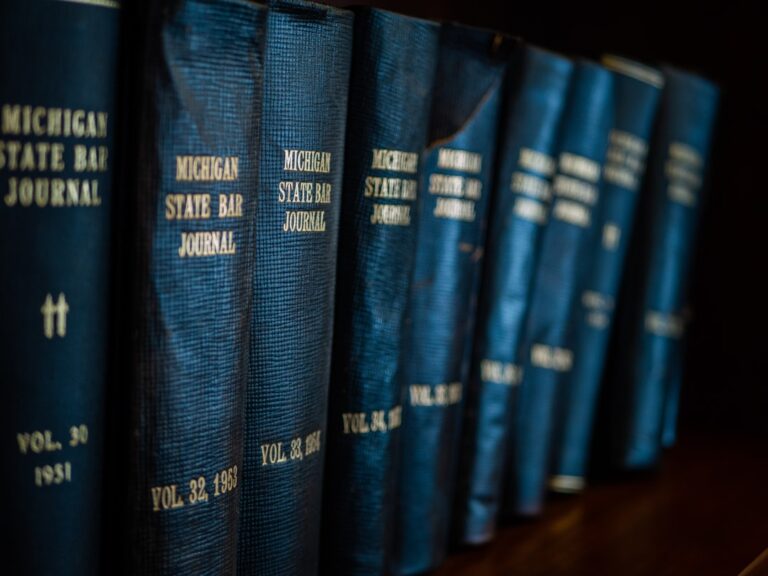
In the state of Georgia, including Atlanta, child abuse is defined as any intentional or unintentional act by a parent, guardian, or caretaker that causes harm to a minor under 18 years old. This includes physical, emotional, sexual, and neglectful abuse, as well as medical negligence. A child abuse attorney in Atlanta GA can help navigate the complex legal definitions and prove these cases beyond a reasonable doubt.
Georgia law outlines specific categories of child abuse, such as battery, aggravated assault, or any other act that results in physical injury; emotional abuse, which includes willful cruelty or neglect; sexual abuse, involving inappropriate sexual contact or exploitation; and neglect, characterized by failure to provide necessary food, shelter, medical care, or supervision. A child abuse attorney Atlanta GA residents trust can guide families through these legal processes, ensuring the safety and well-being of affected children.
– Legal interpretation of child abuse
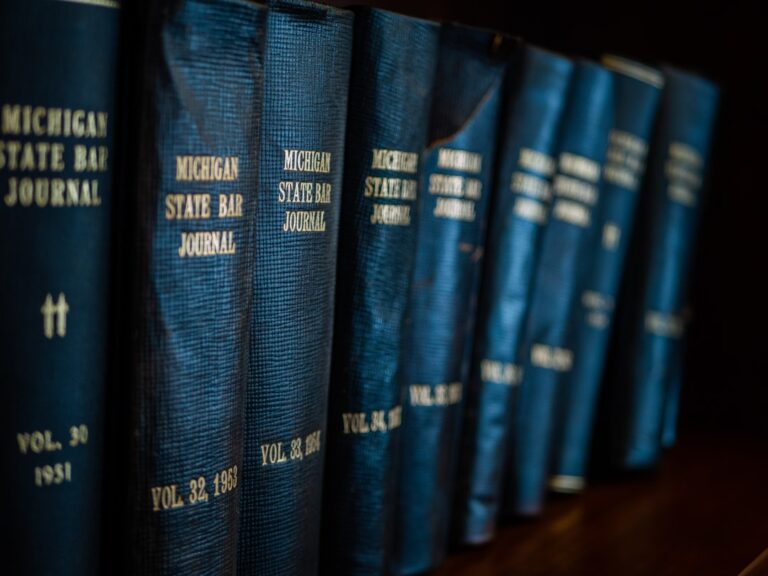
In Atlanta, GA, child abuse is a serious legal matter that’s strictly defined by state law. The legal interpretation of child abuse encompasses various forms of mistreatment, including physical, emotional, and sexual abuse, as well as neglect. A child abuse attorney in Atlanta GA plays a crucial role in navigating these complex laws to ensure justice for affected children.
Physical harm, such as bruises or broken bones, is easy to identify as abuse. However, emotional and psychological trauma can be more subtle but equally damaging. This includes verbal abuse, threats, humiliation, or any action that impairs a child’s mental health or sense of well-being. Neglect, which is often overlooked, refers to the failure to meet a child’s basic needs for food, shelter, medical care, or education. Legal professionals specializing in child abuse cases are adept at recognizing these nuances and working with authorities and healthcare providers to build strong cases on behalf of victims.
– Types of child abuse recognized under GA law
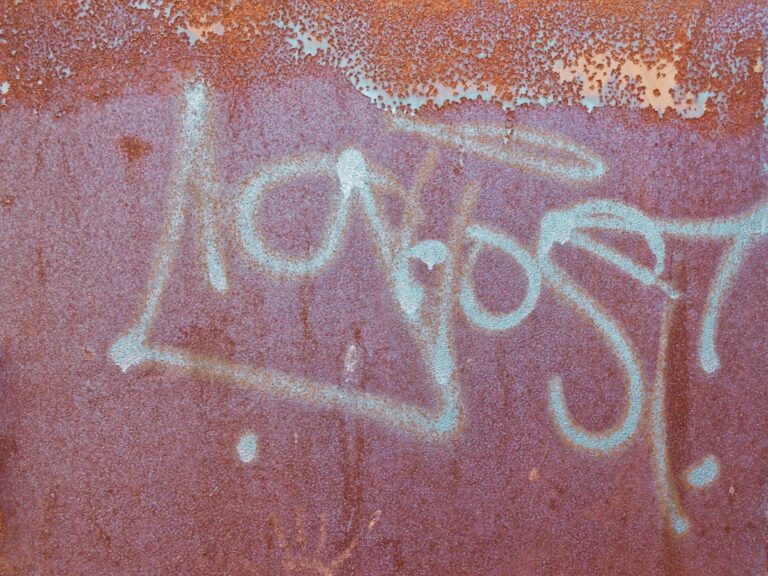
In Atlanta, Georgia, child abuse is taken seriously and is defined as any act or omission that causes harm or potential harm to a minor. The state recognizes several types of abuse, including physical, emotional, and sexual abuse, as well as neglect. Physical abuse involves any non-accidental injury caused by a caregiver, while emotional abuse includes persistent verbal or psychological mistreatment. Sexual abuse is any form of sexual contact or exploitation involving a child, and neglect occurs when a caregiver fails to meet a child’s basic physical, medical, educational, or emotional needs.
A child abuse attorney in Atlanta GA plays a crucial role in advocating for victims and ensuring justice. If you suspect any form of child abuse, it is essential to reach out to local authorities or contact a legal professional who specializes in these matters. They can guide you through the legal process, provide support, and help protect the rights and well-being of the affected child.
